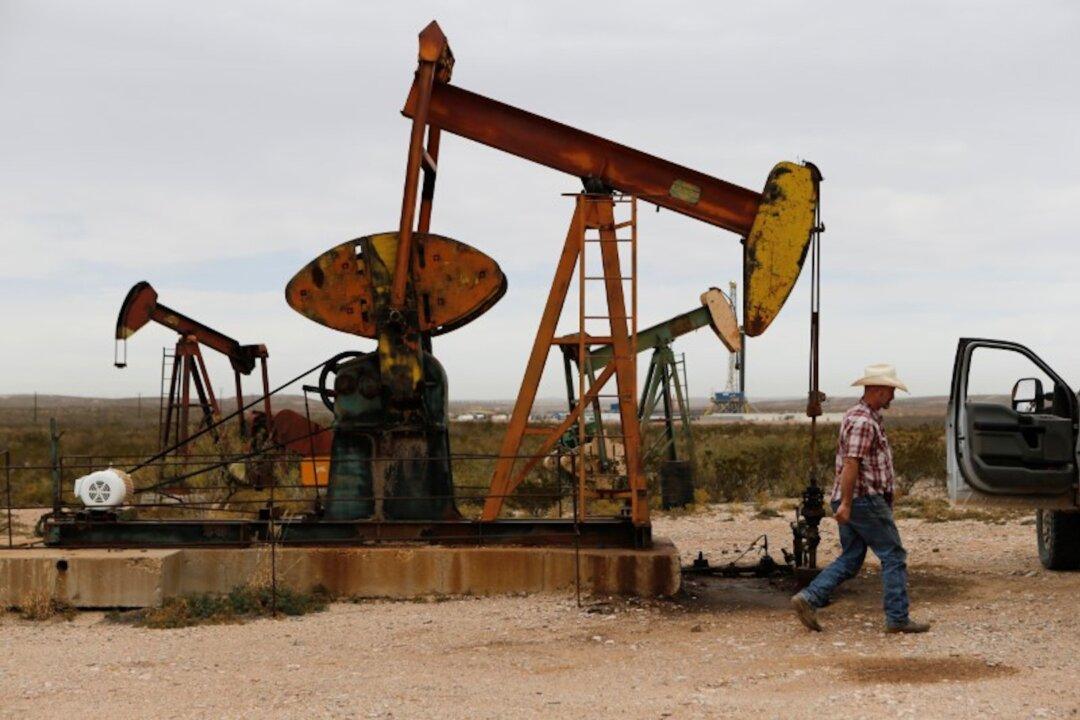Global spending on oilfield equipment and services this year will fall 21 percent from 2019 to $211 billion, the lowest level since 2005, according to a report to be released on April 1 by consultancy Spears & Associates, as oil and gas producers slash spending.
The decline comes as the CCP (Chinese Communist Party) virus pandemic has crushed oil and gas demand, and Saudi Arabia and Russia pump full bore in a grab for market share that has shale producers reeling. U.S. oil futures fell 54 percent for the month of March, to $20.48 a barrel on Tuesday, below U.S. producers’ cost of production.





